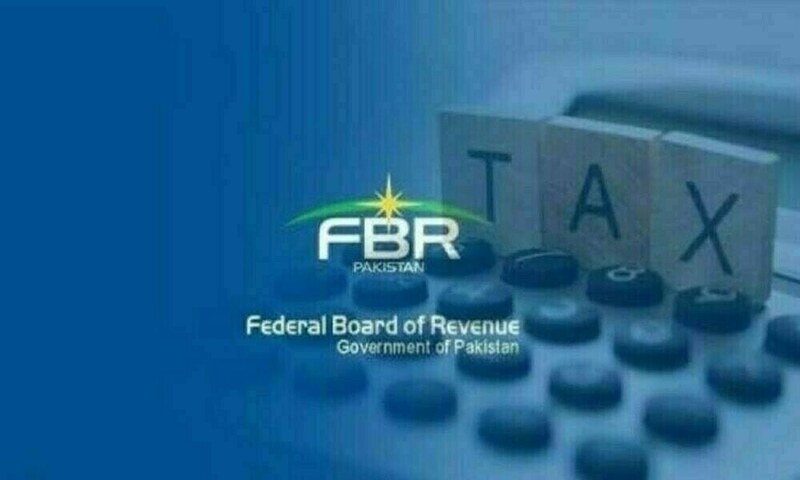PTBP Web Desk
The Federal Board of Revenue (FBR) has announced plans to appoint 102 sector and audit experts to conduct field audits of 42 key sectors and industries across Pakistan. This strategic initiative aims to enhance tax compliance, detect irregularities, and improve transparency in high-revenue sectors.
The move is part of FBR’s broader efforts to strengthen tax enforcement through targeted audits conducted by professionals with deep knowledge of specific industries.
The FBR has compiled an extensive list of sectors for audit coverage, which includes:
- Automobile sector
- Aviation
- Banks
- Beverages
- Cement
- Ceramics
- Chemical
- Coal
- Departmental stores
- Edible oil
- Education
- Electronics
- Feed and fertilizer
- Flour mills
- Food importers
- IT
- Manufacturers
- Batteries
- Copper manufacturers
- Mobile manufacturers
- Paper, chipboard & packaging manufacturers
- Plastic
- Poultry
- Power
- Real estate
- Restaurants and marquees
- Rice mills
- Services sector
- Sugar
- Tea
- Telecom
- Textile
- Tobacco sector
This diversified list targets industries that contribute significantly to Pakistan’s economy but also have high potential for tax evasion and underreporting.
According to FBR, the first phase of the initiative will prioritize the following sectors:
- Automobile sector
- Textile
- Iron and steel
- Independent Power Producers (IPPs) and Distribution Companies (DISCOs)
- Pharmaceutical
- Finance and insurance
- Banks
- Sugar
- Chemicals and fertilizers
- Real estate, builders, and developers
- Petroleum, oil, and lubricants
- Cement
- Telecommunication
- Tobacco
These sectors were chosen based on data from field formations and their significant role in tax collection.
To ensure the quality and integrity of the audit process, the FBR will engage Human Resource (HR) firms to provide a list of qualified sector experts.
A Selection Committee will be formed to evaluate and finalize candidates from the shortlisted pool provided by HR firms. The committee will assess expertise, professional background, and sector-specific experience.
The selection process may be conducted in person or virtually, depending on feasibility and operational needs.
Each sector expert will be responsible for:
- Conducting in-depth field audits of assigned industries.
- Reviewing tax compliance, documentation, and financial reporting.
- Identifying tax gaps, under-invoicing, and irregularities.
- Recommending corrective actions to improve compliance.
Audit mentors will provide technical guidance to ensure audits follow international standards and align with Pakistan’s tax laws.
Pakistan’s tax-to-GDP ratio remains one of the lowest in the region. Many high-revenue sectors underreport income or misdeclare transactions to reduce tax liabilities.
By appointing specialized auditors with sector expertise, the FBR aims to:
- Increase tax revenue without raising rates.
- Enhance transparency in business practices.
- Strengthen compliance with tax laws and regulations.
- Build public confidence in FBR’s ability to hold powerful industries accountable.
For background on FBR’s previous tax enforcement initiatives, see the FBR Official Website.
While the move is likely to improve compliance, it may also face pushback from influential industry lobbies. Past audit drives have faced delays due to political pressure and legal challenges.
Business associations in sectors like real estate, sugar, and cement have historically resisted extensive tax audits, often citing harassment and operational disruptions.
However, FBR officials stress that this new approach — using independent sector experts — will ensure audits are professional, unbiased, and based on documented evidence.
The FBR is expected to finalize the list of appointed experts soon. Once deployed, the audits will begin in the first phase sectors, followed by gradual expansion to all 42 industries.
The tax authority has indicated that it will publicly release audit findings where possible, to maintain transparency and demonstrate the results of the initiative.




